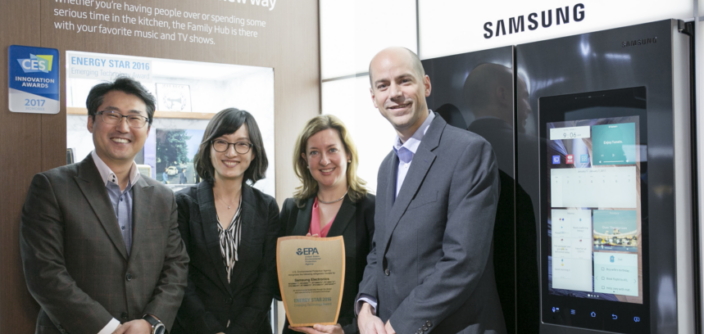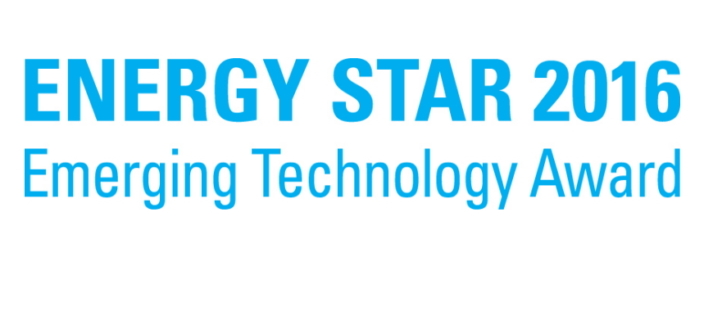Samsung’s Achievements in Eco-Friendliness: 850 EVO SSD Recognized for Environmental Reliability
on June 5, 2017
Samsung’s 850 EVO solid state drive (SSD) has long been praised by customers and media for its high level of performance and endurance, and now is also being recognized for its environmental reliability. The SSD 850 EVO 250GB was recently awarded the Environmental Product Declaration (EPD) label in Korea1, a certificate which recognizes a product’s performance according to six key environmental metrics such as carbon footprint, ozone depletion, eutrophication, photochemical smog, resource footprint and acidification.
The SSD 850 EVO 250GB received the certification with the lowest carbon footprint per product in the market at 9.327kg CO2, which is less than the amount of carbon absorbed by an average 30-year-old tree in a year (9.36kg CO2).

“Through the EPD certification, we are very pleased to be able to assure our customers that Samsung SSDs not only offer cutting-edge technology, but also are eco-friendly products,” said Un-Soo Kim, Senior Vice President of Brand Product Marketing, Memory Business at Samsung Electronics. “At Samsung, we are proactively working to reduce our environmental footprint, and we look forward to more of our leading-edge SSD products being recognized for their eco-friendliness.”
Samsung’s Ongoing Efforts to Reduce Its Environmental Footprint
Samsung has continuously placed significant priority on minimizing its overall environmental footprint by designing and operating highly energy-efficient production facilities, optimizing its entire manufacturing processes and engaging its customers and suppliers along every step. Samsung earned its first low carbon footprint certification for the DDR3 DRAM server module in 2009 and has since expanded its certification portfolio across its key products, including NAND flash and application processors.

Samsung’s greenhouse gas reduction facility utilizes our proprietary technology for effective greenhouse gas management
In particular, Samsung’s Device Solutions division which manufactures the 850 EVO has set three goals as part of its eco-friendly manufacturing initiatives: 1) minimize the input of greenhouse gases during the semiconductor manufacturing process, 2) replace harmful substances whenever possible and 3) finely decompose greenhouse gases that were inevitably produced.
While these goals present inherent challenges, Samsung Electronics and Samsung Engineering jointly built a facility that decomposes greenhouse gases created during semiconductor processing in 2007. Through continuous enhancements made to the facility, Samsung has effectively been able to decompose more than 90% of greenhouse gases, reducing 1.25 total million tons of greenhouse gases and saving 2,527 TJ of energy in 2016.
Samsung will continue to strengthen its commitment to a sustainable future through a dedicated, comprehensive examination across its processes and businesses.
1 The Environmental Product Declaration (EPD) is a national certification system in Korea for open environmental information. The certification is developed in accordance with the International Standards ISO 14025, 14040s, 14046, 14064s and ISO/TS 14067. The certification is managed by the Ministry of Environment and operated by the Korea Environmental Industry & Technology Institute.









